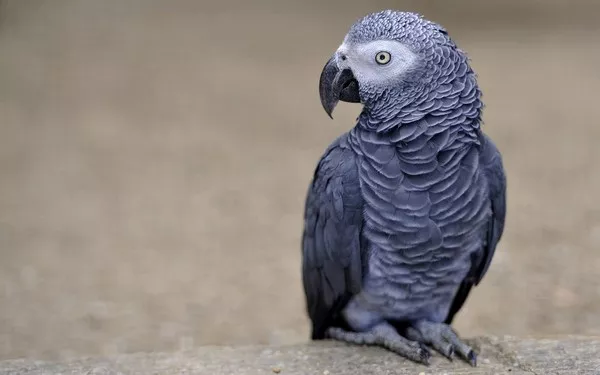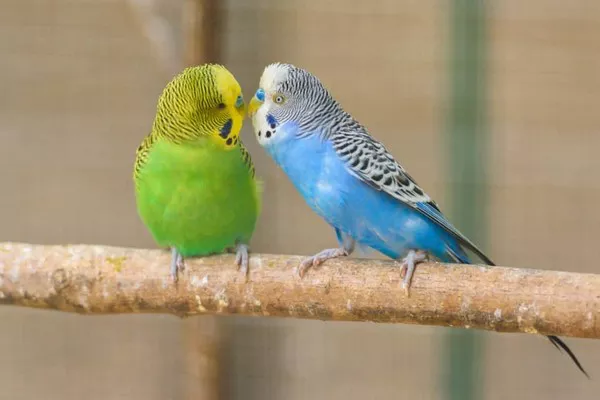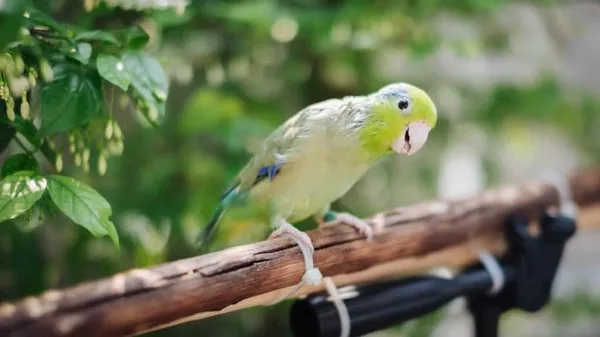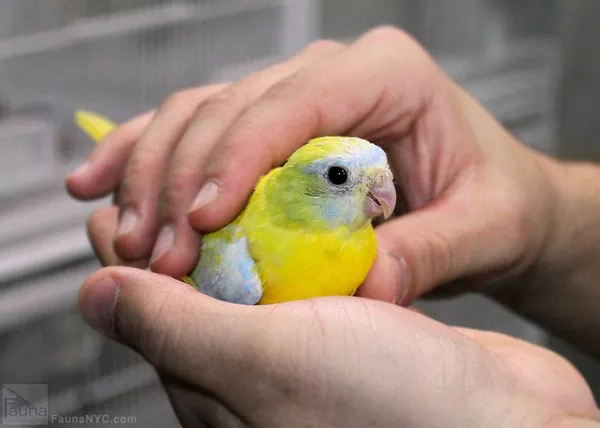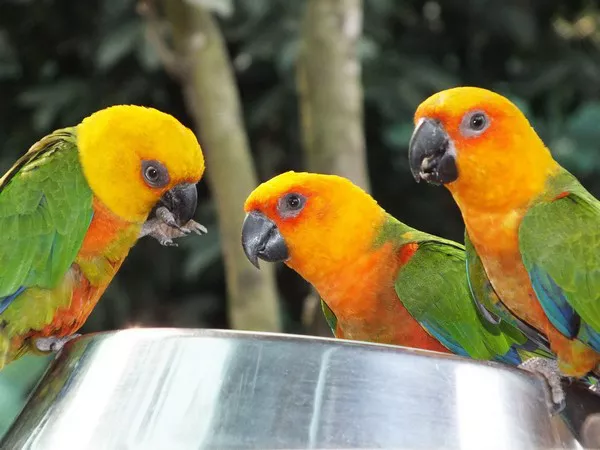African Grey Parrots are renowned for their intelligence, striking appearance, and remarkable ability to mimic human speech and sounds. Aspiring and current parrot owners often inquire about their noise level, asking the question, “Are African Grey Parrots loud?” This article delves into the vocalization habits and behavior of African Grey Parrots, shedding light on their noise level, factors influencing vocalization, and strategies for managing their vocal tendencies.
African Grey Parrot Vocalization: A Natural Trait
Vocalization is an intrinsic aspect of African Grey Parrots’ behavior. These parrots are considered highly intelligent and social creatures with an innate capacity for mimicry and communication. While their vocal talents can be endearing and entertaining, it’s important to understand that African Grey Parrots are not always silent companions.
Vocalization Patterns
African Grey Parrots exhibit distinct vocalization patterns, which can be categorized as follows:
Mimicry: These parrots are renowned for their uncanny ability to imitate a wide range of sounds, including human speech, household noises, and even musical tunes.
Learning Phases: Young African Grey Parrots are particularly receptive to learning and mimicry during their early years. This phase often results in an increase in vocalizations as they experiment with different sounds.
Social Interaction: African Grey Parrots are naturally social birds that use vocalizations to communicate with each other and their human companions. They might use calls, whistles, and sounds to convey emotions, express curiosity, or seek attention.
Factors Influencing Vocalization
Several factors influence the vocalization behavior of African Grey Parrots:
Age: Younger parrots tend to be more vocally active as they explore their environment and experiment with sounds.
Social Environment: African Grey Parrots thrive on social interaction and often use vocalizations to engage with their human caregivers and other pets in the household.
Attention and Stimulation: Parrots, including African Greys, may increase their vocalizations when they seek attention, stimulation, or a response from their environment.
Mood and Emotion: Vocalizations can be a reflection of a parrot’s mood and emotions. Excitement, happiness, and anxiety might all be expressed through vocal cues.
Mimicking Environment: Parrots tend to mimic the sounds they frequently hear in their environment. If they are exposed to regular loud noises or conversations, they may incorporate those sounds into their repertoire.
Are African Grey Parrots Loud?
The perception of whether African Grey Parrots are loud can vary depending on individual preferences and experiences. While African Greys are not considered to be among the loudest parrot species, they are certainly not silent companions. Their vocalizations can be moderate to high in volume, especially during specific times of the day or under certain circumstances.
Managing Vocalization
For those considering African Grey Parrot ownership or seeking ways to manage vocalization, consider the following strategies:
Positive Reinforcement: Encourage and reward desired behaviors, and acknowledge quieter moments with positive attention.
Environmental Enrichment: Provide a stimulating environment with toys, puzzles, and activities to keep your parrot mentally engaged and occupied.
Regular Interaction: Spend quality time interacting with your African Grey Parrot through talking, playing, and training sessions to channel their energy and intelligence positively.
Quiet Zones: Designate quiet zones in your home where your parrot can rest and relax without external stimuli.
Consistency: Establish a consistent routine for feeding, playtime, and sleep to help regulate your parrot’s behavior.
Conclusion
African Grey Parrots are gifted vocalists and communicators, which contributes to their allure as pets. While they are not the loudest parrot species, they are certainly capable of producing moderate to high levels of vocalizations. Understanding the factors that influence their vocal behavior and adopting effective strategies for managing and channeling their vocal tendencies can create a harmonious and enriching relationship between African Grey Parrot companions and their human caregivers. Remember that each parrot is unique, and adapting your approach to their individual personality and needs can lead to a fulfilling and rewarding companionship.
Recommended reading:

